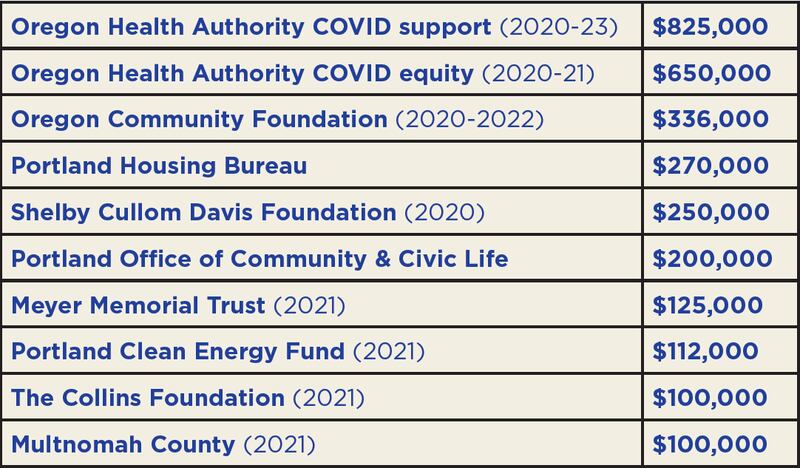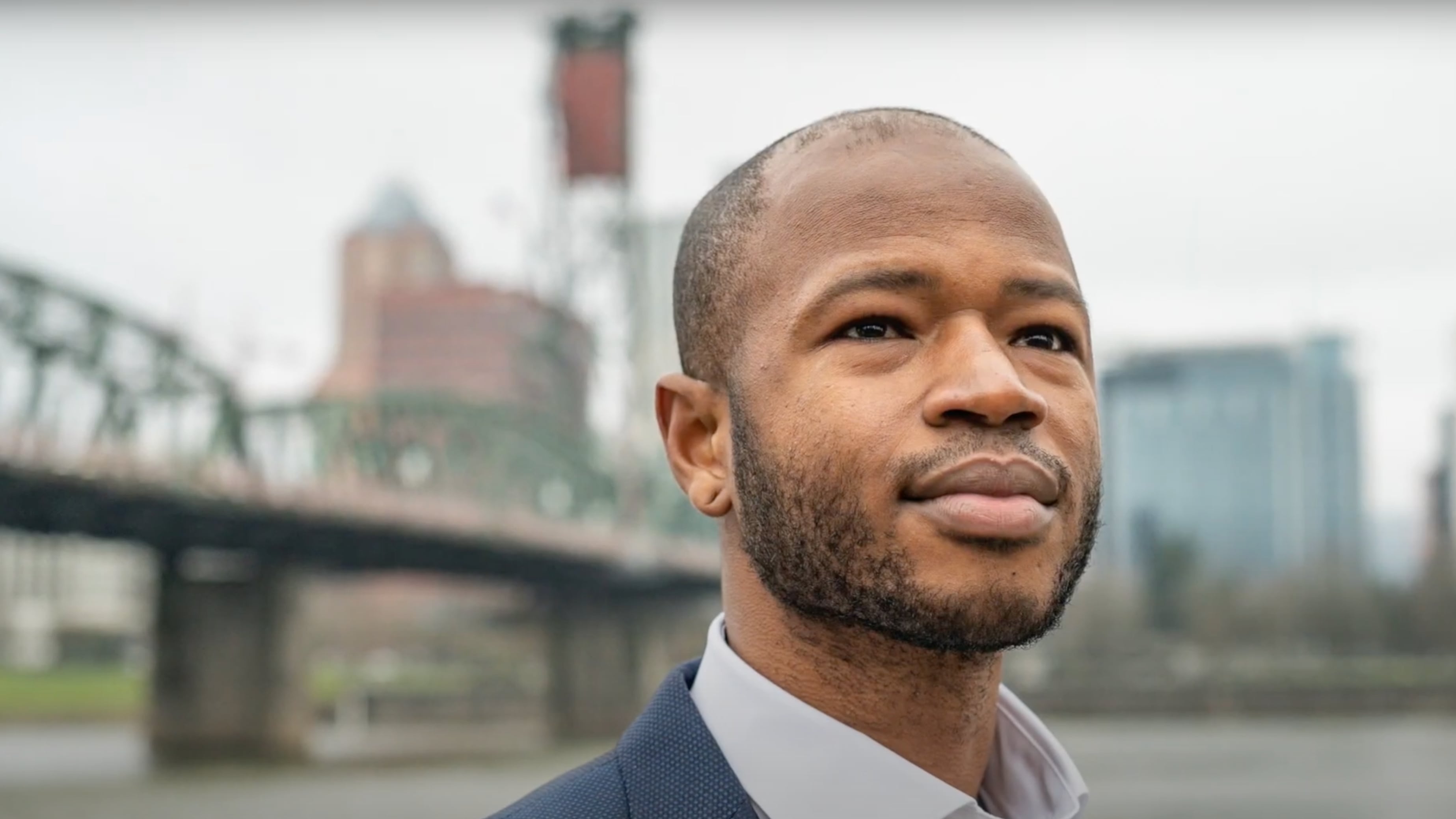As WW first reported Dec. 8, Gregory McKelvey, board president of Brown Hope, has placed the racial justice nonprofit’s founder and CEO, Cameron Whitten, on paid leave.
That move was surprising in light of the men’s close relationship. McKelvey and Whitten became friends after they both spoke at a rally for Sen. Bernie Sanders back in 2016. They did a 22-episode podcast together, Your Neighborhood Black Friends. And when Whitten needed somebody to lead the board of Brown Hope, which he founded, he turned to McKelvey.
“I’ve always considered him a friend,” McKelvey says, “and still do.”
But after consulting Brown Hope management and attorneys, McKelvey moved to suspend his friend for still-unspecified misconduct. Under advice from counsel, McKelvey declined to specify why Whitten was suspended. Here’s what we know:
THE GOAL: Brown Hope aims to empower Portland’s Black community through social gatherings, mutual aid, job training at Blackstreet Bakery, COVID outreach and, as most recently announced, a guaranteed monthly basic income for 25 Black individuals for three years.
THE FUNDING: Brown Hope’s fundraising exploded after George Floyd’s murder in May 2020.
It had annual revenue of just $39,000 in 2018 and, according to its most recent filings, none in 2019. But in a little over six months in 2020, it brought in more than $3 million, some of it taxpayer dollars.
Below are some key grants and contracts gleaned from public records, with the year specified, if known.

THE PROBLEM: Transparency.
It seems unlikely that McKelvey would seek to suspend Whitten without significant cause. McKelvey and Whitten confirmed that Brown Hope’s board, which under Oregon law is responsible for the organization’s legal and financial well-being, has not met since October 2021.
Brown Hope is a 501(c)(3) nonprofit required to file an annual federal tax return. Its most recent return, for calendar year 2020, was filed in March 2022, so publicly available information about the nonprofit’s finances is not current. Although it remains unclear what McKelvey believes Whitten has done, government agencies and nonprofits want to know their money is spent efficiently and in ways that can be tracked.
Whitten says he’ll be able to disclose more after a Dec. 14 board meeting. Meanwhile, as The Oregonian first reported, the Oregon Department of Justice is preparing to investigate.
